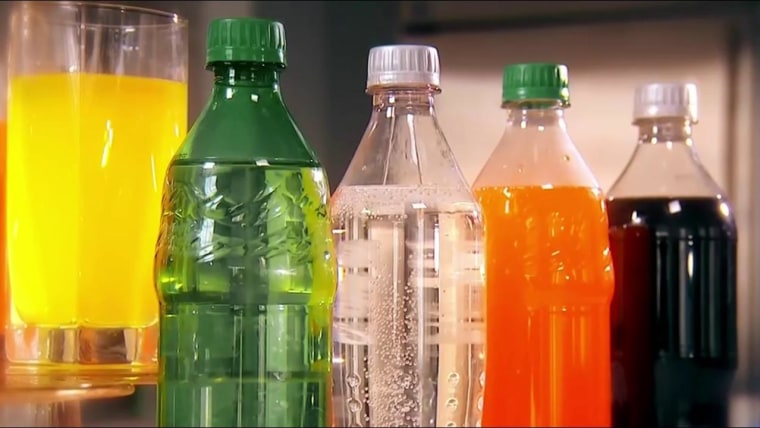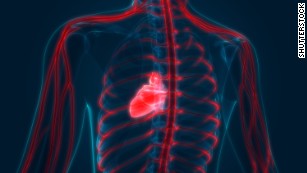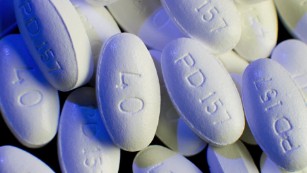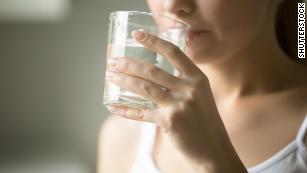I dropped all sodas years ago.
Diet Sodas May Raise Risk of Dementia and Stroke, Study Finds
People who drink diet sodas daily have three times the risk of stroke and dementia compared to people who rarely drink them, researchers reported Thursday.
It’s yet another piece of evidence that diet drinks are not a healthy alternative to sugary drinks, and suggests that people need to limit both, doctors said.
Diet Sodas Raise Risk of Dementia and Stroke, Study Finds
April 20, 201701:38The researchers, led by Matthew Pase of the Boston University School of Medicine and colleagues, studied more than 4,000 people for their report, published in the journal Stroke.
“We found that those people who were consuming diet soda on a daily basis were three times as likely to develop both stroke and dementia within the next 10 years as compared to those who did not consume diet soda,” Pase told NBC News.
“Both sugar-sweetened and artificially sweetened soft drinks may be hard on the brain."
“Our study provides further evidence to link consumption of artificially sweetened beverages with the risk of stroke,” the team wrote.
“To our knowledge, our study is the first to report an association between daily intake of artificially sweetened soft drink and an increased risk of both all-cause dementia and dementia because of Alzheimer’s disease.”
Related: WHO Urges Governments to Tax Sugary Drinks
The team did not ask people which artificial sweetener they used. Some of those in the diet drinks were likely saccharin, acesulfame, aspartame, neotame, or sucralose, the researchers said.
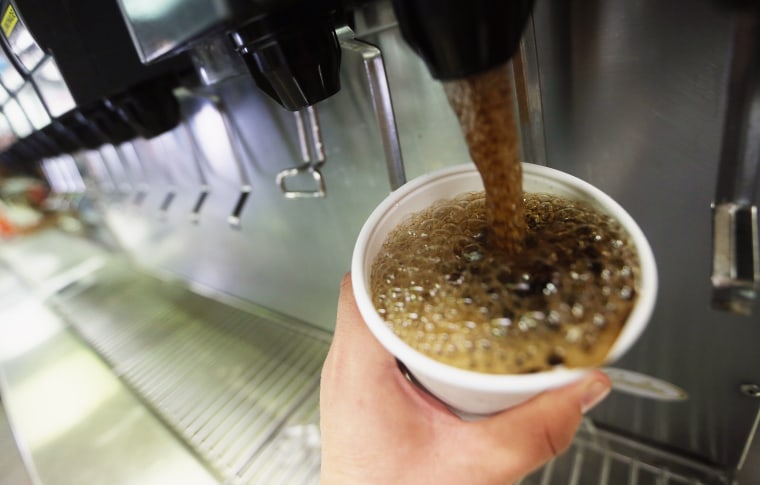
To their surprise, the team did not find the same risk for sugar-sweetened beverages. But they found other troubling signs. “In our first study we found that those who more frequently consume sugary beverages such as fruit juices and sodas had greater evidence of accelerated brain aging such as overall smaller brain volumes, they had poorer memory function and they also had smaller hippocampus, which is an area of the brain important for memory consolidation,” Pase said.
And other experts pointed out that sugary drinks are a major cause of obesity, diabetes, stroke and other ills.
“Both sugar-sweetened and artificially sweetened soft drinks may be hard on the brain,” Dr. Ralph Sacco, chairman of the neurology department at the University of Miami, and colleagues wrote in a commentary in the same journal.
Sacco, a former president of the American Heart Association, led another study that found women who drank diet sodas had a higher risk of stroke, heart attack and other types of heart death.
“Now with the growing number of studies that suggest a relationship between artificial sweetened beverages and vascular risk, I would say reach for a bottle of water before you reach for your artificial sweetened beverages,” Sacco told NBC News.
